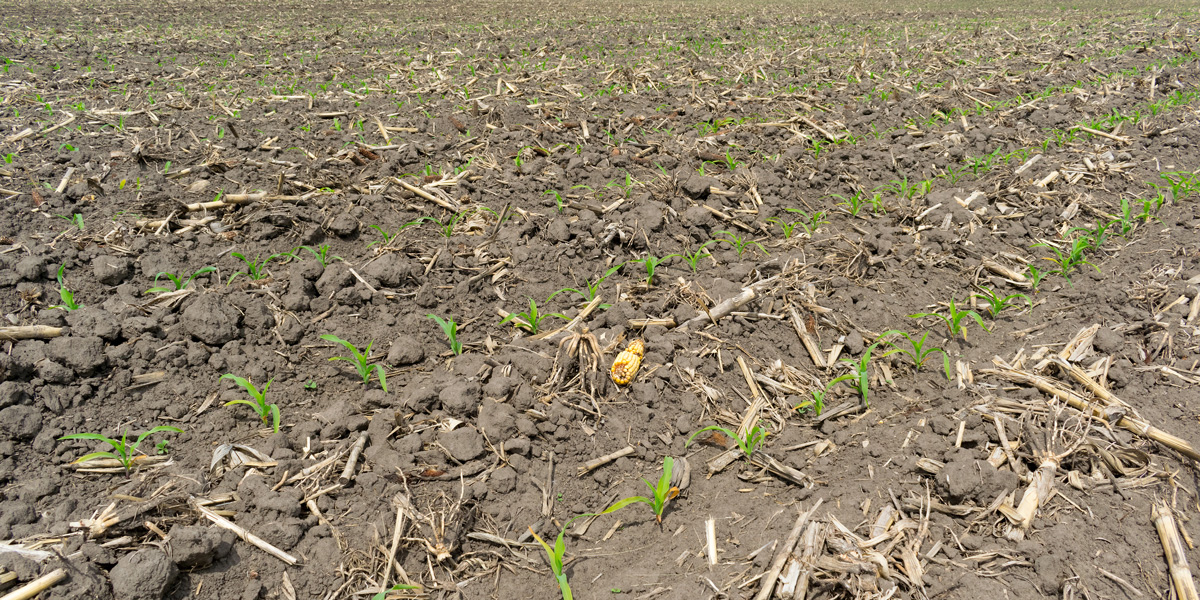
New study shows no-till is not effective in limiting pesticide movement
No-till farming with GM herbicide-tolerant crops, in which herbicides are used to control weeds instead of ploughing, is constantly hyped for its supposed environmental benefits – which, however, are dubious at best and completely invalid at worst.
Now a new study (abstract below) has found that the concentration and the load of pesticides are greater in runoff from no-till fields, especially pesticides with high solubility and low affinity for solids, compared with ploughed fields. No-till farming was found to affect soil properties that control pesticide retention and interactions with soils, and ultimately their mobility in the environment.
The authors write in their conclusion:
"The positive effect of NT [no-till] on soil erosion and soil health is widely documented, but questions remain regarding its relative impact (compared to conventional PT [plough till]) on pesticide loss from agroecosystems. Contrary to expectations, our results showed that NT management was not effective in limiting these losses. For most pesticides, especially those with high solubility and low affinity for solids, their concentration in runoff was consistently greater under NT than PT. We concluded that soil properties influenced by no-till practices (i.e., organic matter and pH) play an important role in determining the distribution of pesticides between the soil solution and the solid phase and, consequently, their potential transport via surface runoff."
---
A meta-analysis of pesticide loss in runoff under conventional tillage and no-till management
Daniel Elias, Lixin Wang, Pierre-Andre Jacinthe
Environmental Monitoring and Assessment
February 2018, 190:79
https://link.springer.com/article/10.1007/s10661-017-6441-1
Abstract
Global agricultural intensification has led to increased pesticide use (37-fold from 1960 to 2005) and soil erosion (14% since 2000). Conservation tillage, including no-till (NT), has been proposed as an alternative to conventional plow till (PT) to mitigate soil erosion, but past studies have reported mixed results on the effect of conservation tillage on pesticide loss. To explore the underlying factors of these differences, a meta-analysis was conducted using published data on pesticide concentration and load in agricultural runoff from NT and PT fields. Peer-reviewed articles (1985–2016) were compiled to build a database for analysis. Contrary to expectations, results showed greater concentration of atrazine, cyanazine, dicamba, and simazine in runoff from NT than PT fields. Further, we observed greater load of dicamba and metribuzin, but reduced load of alachlor from NT fields. Overall, the concentration and the load of pesticides were greater in runoff from NT fields, especially pesticides with high solubility and low affinity for solids. Thus, NT farming affects soil properties that control pesticide retention and interactions with soils, and ultimately their mobility in the environment. Future research is needed for a more complete understanding of pesticide-soil interactions in NT systems. This research could inform the selection of pesticides by farmers and improve the predictive power of pesticide transport models.